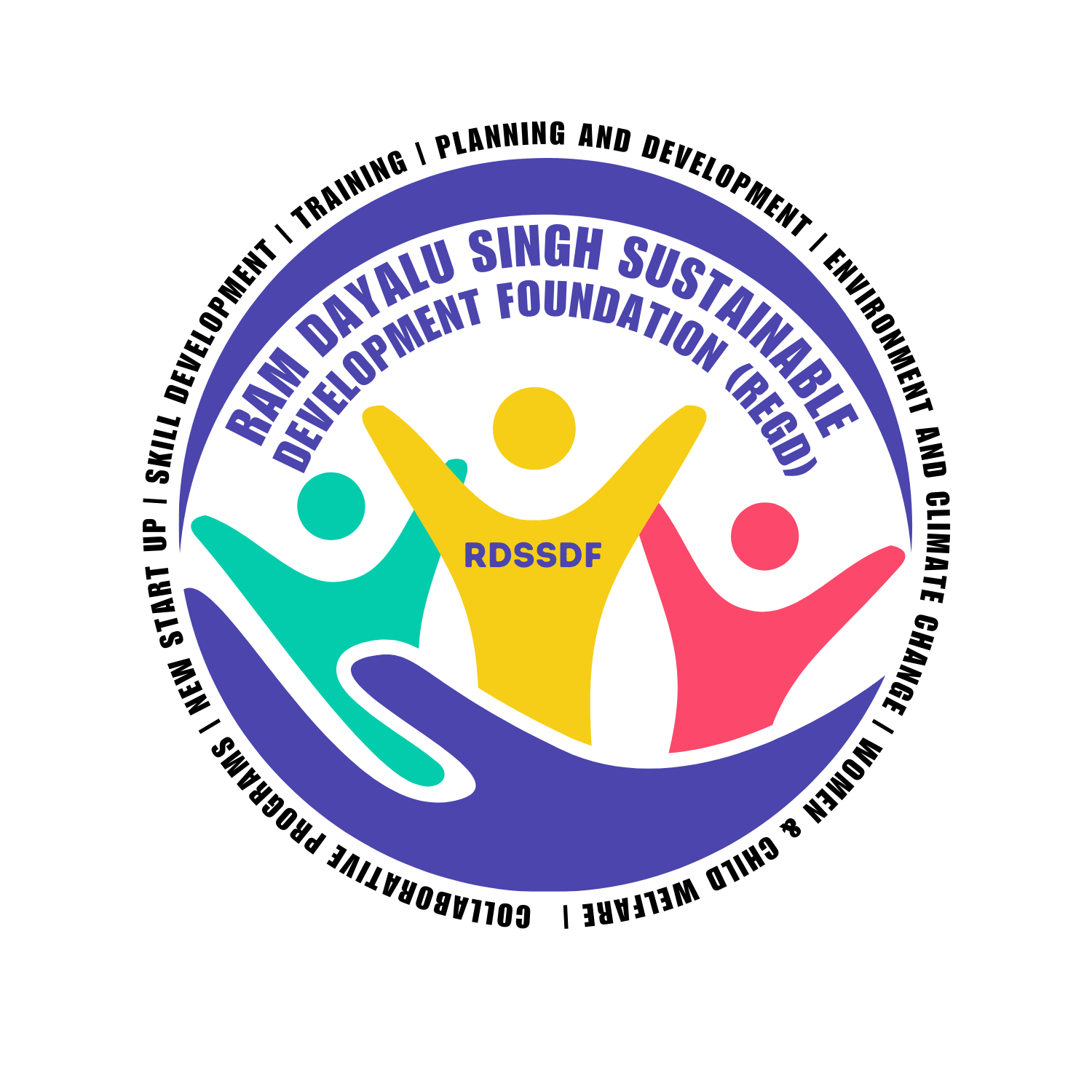Goal Overview
By 2030, promote sustained, inclusive, and sustainable economic growth, full and productive employment, and decent work for all.
Key Targets and Indicators
- Sustain per capita economic growth in accordance with national circumstances and, in particular, at least 7 percent gross domestic product growth per annum in the least developed countries.
- Indicator: Annual growth rate of real GDP per capita.
- Achieve higher levels of economic productivity through diversification, technological upgrading, and innovation, including through a focus on high-value added and labor-intensive sectors.
- Indicator: Annual growth rate of real GDP per employed person.
- Promote development-oriented policies that support productive activities, decent job creation, entrepreneurship, creativity, and innovation, and encourage the formalisation and growth of micro-, small- and medium-sized enterprises, including through access to financial services.
- Indicator: Proportion of informal employment in non‑agriculture employment, by sex.
- Improve progressively, through 2030, global resource efficiency in consumption and production and endeavour to decouple economic growth from environmental degradation, in accordance with the 10‑Year Framework of Programs on Sustainable Consumption and Production, with developed countries taking the lead.
- Indicator: Material footprint, material footprint per capita, and material footprint per GDP.
- By 2030, achieve full and productive employment and decent work for all women and men, including for young people and persons with disabilities, and equal pay for work of equal value.
- Indicator: Unemployment rate, by sex, age, and persons with disabilities.
- By 2020, substantially reduce the proportion of youth not in employment, education, or training.
- Indicator: Proportion of youth (aged 15-24 years) not in education, employment, or training.
- Take immediate and effective measures to eradicate forced labor, end modern slavery and human trafficking, and secure the prohibition and elimination of the worst forms of child labor, including recruitment and use of child soldiers, and by 2025 end child labor in all its forms.
- Indicator: Proportion and number of children aged 5-17 years engaged in child labor, by sex and age.
- Protect labor rights and promote safe and secure working environments for all workers, including migrant workers, in particular women migrants, and those in precarious employment.
- Indicator: Frequency rates of fatal and non-fatal occupational injuries, by sex and migrant status.
- By 2030, devise and implement policies to promote sustainable tourism that creates jobs and promotes local culture and products.
- Indicator: Direct tourism GDP as a proportion of total GDP and in growth rate.
- Strengthen the capacity of domestic financial institutions to encourage and expand access to banking, insurance, and financial services for all.
- Indicator: Proportion of adults (15 years and older) with an account at a bank or other financial institution or with a mobile-money-service provider.
Strategies and Actions
- Boost economic productivity: Encourage diversification, technological upgrades, and innovation across all sectors, particularly in high-value-added and labor-intensive industries.
- Promote decent work: Develop policies that support job creation, entrepreneurship, and the formalization of micro, small, and medium enterprises (MSMEs).
- Enhance resource efficiency: Implement practices that improve resource efficiency and decouple economic growth from environmental degradation.
- Support full employment: Ensure equal employment opportunities and fair wages for all, including youth, women, and persons with disabilities.
- Eliminate forced labor: Take strong measures to eradicate forced labor, modern slavery, human trafficking, and child labor.
- Ensure safe working conditions: Promote and enforce labor rights and ensure safe and secure working environments for all workers.
- Develop sustainable tourism: Promote sustainable tourism that generates employment and promotes local culture and products.
- Expand financial access: Strengthen financial institutions to provide better access to banking, insurance, and financial services for all.
FAO Actions to Support Monitoring
- Training programs: Provide training for local communities and government officials on economic development, job creation, and labor rights.
- Technical assistance: Offer support for developing and implementing policies that promote sustainable economic growth and decent work.
- Guidelines and materials: Develop guidelines on best practices for resource efficiency, job creation, and safe working environments.
- Expert meetings: Organize meetings with experts to refine methodologies for monitoring economic growth and employment indicators.
- Webinars and workshops: Conduct webinars and workshops to train national focal points on data collection and reporting for economic and labor statistics.
Conclusion
Promoting sustained, inclusive, and sustainable economic growth, along with full and productive employment, is crucial for reducing poverty and inequality. By encouraging innovation, ensuring decent work for all, and improving resource efficiency, we can achieve SDG 8 and build a more prosperous and equitable world. Together, we can create opportunities for everyone to thrive in a safe and productive work environment.





 Welcome to Ram Dayalu Singh Sustainable Development Foundation (RDSSDF), a beacon of hope and progress for the sustainable development of India. As a National Level Public Charitable Trust, it is dedicated to providing comprehensive support and innovative solutions.
Welcome to Ram Dayalu Singh Sustainable Development Foundation (RDSSDF), a beacon of hope and progress for the sustainable development of India. As a National Level Public Charitable Trust, it is dedicated to providing comprehensive support and innovative solutions.